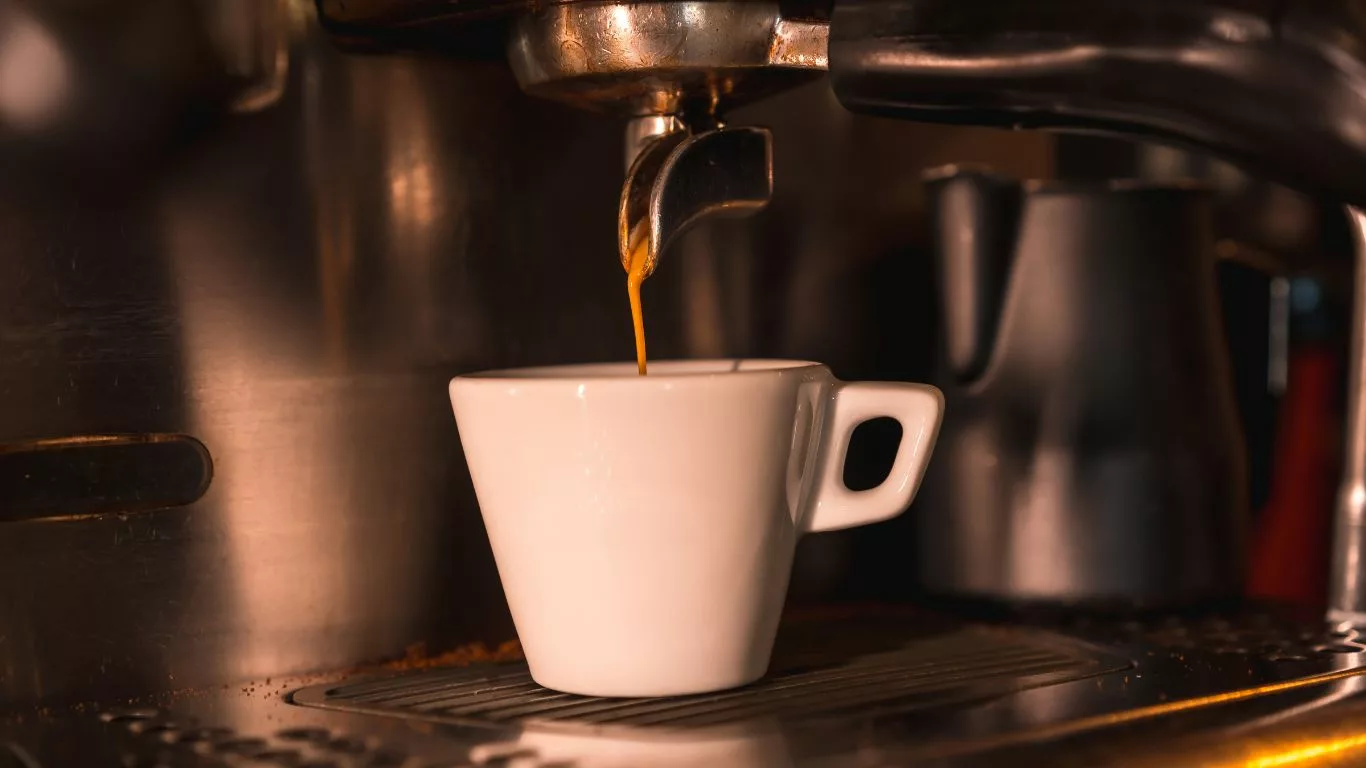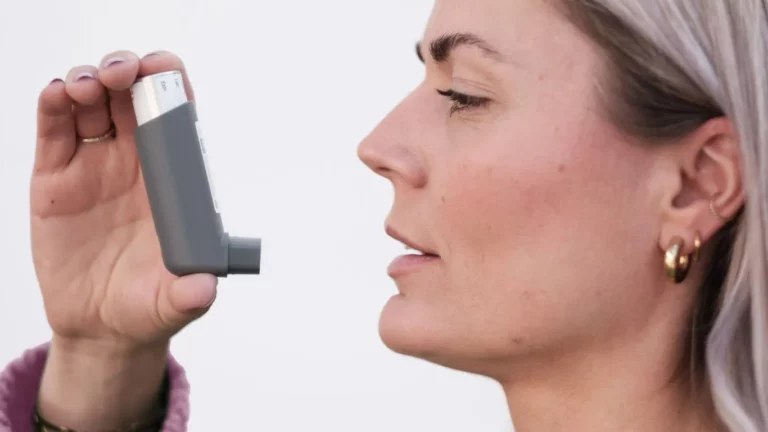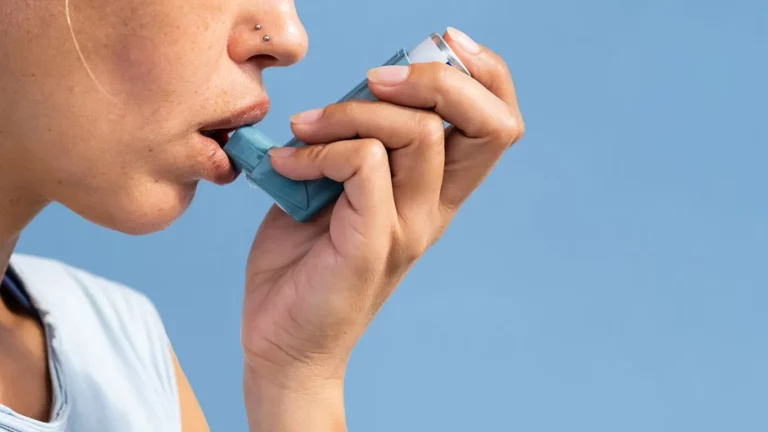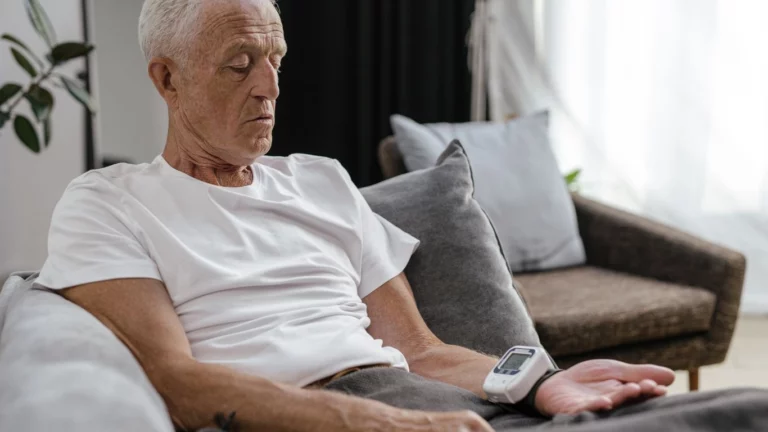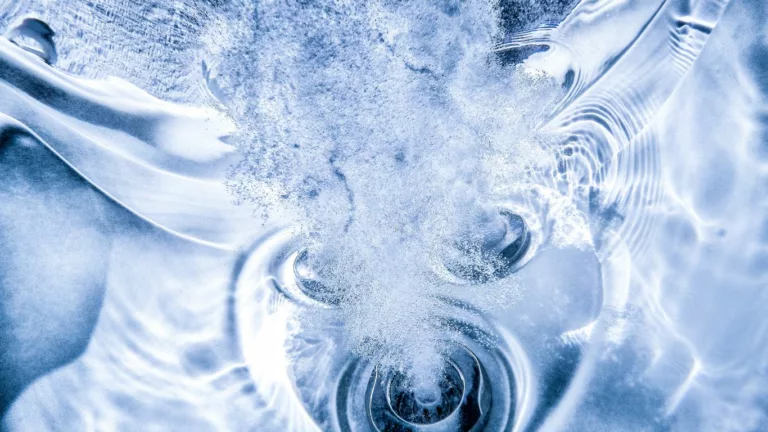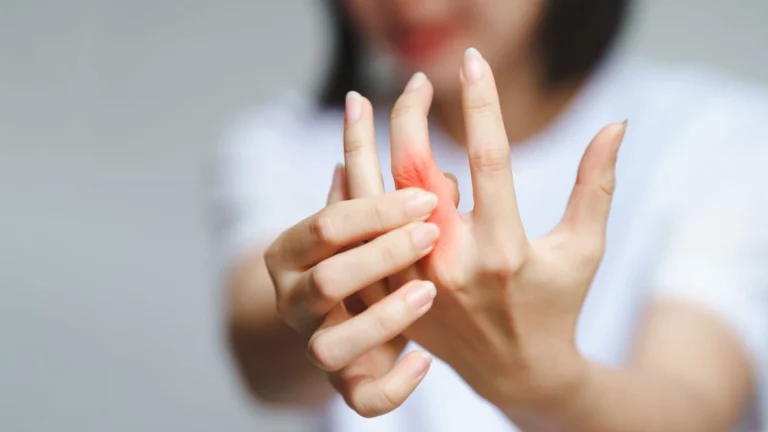Can Coffee Cause Heartburn or Help It? What You Should Know
I’ve always loved the smell of freshly brewed coffee in the morning. That warm, comforting aroma? Pure magic. But let’s be honest—coffee hasn’t always loved me back. If you’re like me and find yourself dealing with that annoying burning sensation after your morning cup, you’re not alone. Heartburn and coffee have a complicated relationship. Let’s break it down together.
What’s Really Going On in Your Body?

At the heart of the matter is the lower esophageal sphincter (LES)—a small ring of muscle that’s supposed to keep stomach contents where they belong. When the LES relaxes or weakens, stomach acid can sneak up into the esophagus. That’s when the burn kicks in.
Coffee, unfortunately, has a reputation for messing with that muscle. It’s not just the acidity—it’s also the caffeine and other compounds that might relax the LES, allowing acid to flow where it shouldn’t.
According to the Mayo Clinic, caffeine is one of the potential culprits in worsening GERD symptoms, though not everyone reacts the same way.
How Coffee Might Trigger Heartburn

1. Caffeine Content
Caffeine is a known stimulant. It gets you moving in the morning, but it can also stimulate acid production in your stomach. That extra acid? It doesn’t always stay put. If your LES is already a bit lazy (like mine tends to be after big meals), the caffeine just adds fuel to the fire.
2. Coffee’s Natural Acidity
Most coffees, especially darker roasts, are acidic. And while your stomach can usually handle acid, your esophagus can’t. Once acid reflux starts, that coffee acidity can make the burning worse.
3. Other Compounds in Coffee
Ever heard of catechols? They’re natural compounds in coffee that can irritate the stomach lining. Then there’s N-alkanoyl-5-hydroxytryptamide (yes, it’s a mouthful), another compound suspected of affecting acid secretion. Put all of these together, and it’s a perfect storm—especially if you’re drinking coffee on an empty stomach. More on that here.
But Wait—Not All Coffee is the Same

I’ve tried everything from dark roast to decaf, from cold brew to low-acid beans. And guess what? Some coffees are way gentler on the gut. Here’s a quick breakdown:
- Low-acid coffee: These are specially processed to reduce acidity. Often labeled as “stomach-friendly,” they’re a solid choice.
- Cold brew: Brewed slowly in cold water, cold brew has lower acidity compared to traditional hot brews.
- Decaf: Less caffeine means potentially less LES relaxation. But it’s not a guaranteed fix—decaf still contains acid.
Choosing the right coffee isn’t just about taste—it can make the difference between enjoying your cup and regretting it later.
My Personal Journey With Coffee and Heartburn
I used to gulp down two cups of strong black coffee before even thinking about breakfast. No wonder my chest burned like a furnace by mid-morning. Over time, I started tweaking things. Switched to a low-acid brand. Delayed my first sip until after breakfast. Drank water between cups. The results? A massive difference.
Now, I’m not here to tell you to give up coffee. I wouldn’t either. But small changes can go a long way.
Here’s what worked for me:
- Swapping regular for low-acid coffee (my go-to is a smooth Peruvian blend)
- Adding almond milk or oat milk instead of creamers
- Drinking slower and smaller amounts
- Pairing coffee with a balanced breakfast—think oatmeal, not donuts
And if you’re wondering whether dehydration plays a role in acid reflux, you might want to check out this helpful resource on coffee, hydration, and reflux.
So, Should You Stop Drinking Coffee Altogether?
That depends on how your body reacts. If you’re constantly dealing with heartburn, it might be time to experiment. Try going caffeine-free for a week and see what happens. Then slowly reintroduce different types of coffee and monitor how you feel.
Some people find that just switching their brew style or adding food is enough. Others may need to limit coffee altogether.
If your symptoms persist, it’s definitely worth talking to a gastroenterologist. Also, dive into this GERD Diet Plan for practical ways to support your digestion.
Better Coffee Habits That Can Make a Real Difference

If quitting coffee sounds like cruel punishment, I get it. Completely cutting it out isn’t the only way to beat the burn. For me and many others I’ve talked to, it’s been more about how and when we drink it rather than if we drink it.
Timing is Everything
Drinking coffee on an empty stomach? Recipe for reflux. I used to chug my first cup within 5 minutes of waking up. It felt energizing, sure—but by 10 a.m., I’d be chewing antacids like candy. Starting your day with a light meal before your coffee can help cushion the acid.
Water Is Your Best Friend
Sounds boring, but water does wonders. Staying hydrated helps dilute stomach acid and aids digestion. I now make it a habit to drink a full glass of water before my coffee—and another one right after. It may not be scientifically proven magic, but anecdotally? Total game changer.
Experiment with Coffee Types
Some folks swear by mushroom coffee or chicory root alternatives, and while they’re not my daily go-to, I keep them around for days when my stomach’s feeling a bit more sensitive. If you’re curious, here’s an excellent resource on non-acidic coffee options that won’t leave you reaching for antacids.
What If Coffee Isn’t the Only Culprit?

Let’s be real—sometimes it’s not just the coffee. I used to blame my espresso shots, but in hindsight, it was the massive spicy brunch or tight jeans combo doing most of the damage. GERD can be triggered by a stack of lifestyle habits, and coffee might just be one piece of the puzzle.
Other sneaky triggers include:
- Overeating or lying down right after a meal
- Eating late at night
- Carbonated drinks (soda’s the usual suspect)
- Alcohol, especially red wine and beer
- Stress—because of course it is
Understanding the bigger picture of acid reflux can make managing it way easier. If this sounds familiar, check out our practical guide on lifestyle changes for acid reflux.
How to Know If Coffee Is Causing Your Heartburn
Look, I’m not a doctor—but I’ve been a long-time sufferer, and here’s how I figured out coffee was a trigger for me (and how you can too):
- Keep a reflux journal — Track when heartburn hits and what you consumed 1–2 hours before. Patterns will jump out quickly.
- Try eliminating coffee for 7–10 days — Then bring it back gradually. If symptoms return, you’ve got your answer.
- Don’t go cold turkey without a plan — Withdrawals are real. Reduce your intake slowly to avoid headaches and crankiness.
Need help with the evaluation? This guide on signs of severe reflux can help you identify when things might be beyond a DIY fix.
When It’s Time to See a Doctor

If you’re making changes and still battling heartburn after every cup, it’s probably not something to ignore. Long-term acid reflux can lead to more serious issues—think inflammation, esophagitis, even Barrett’s esophagus if left unchecked. It’s not meant to scare you, just something to be aware of.
The good news? There are a ton of effective treatments out there. Medications, dietary tweaks, even simple posture changes (I started using a wedge pillow and haven’t looked back). And you might want to explore this GERD diagnosis guide if you’re unsure whether what you’re experiencing is occasional heartburn or a chronic issue.
Final Thoughts: Sip Smarter, Not Less
Look, I still drink coffee every day—and yes, sometimes I push the limit. But now I know what my body can handle. And that knowledge? It’s empowering.
If you’re experiencing heartburn from coffee, it doesn’t mean you have to break up with it. Maybe just redefine the relationship a bit. Experiment. Adjust. Hydrate. Eat first. Treat it like the complex little love affair it is.
And if you want to dig deeper into how GERD works, what causes it, and how to manage it beyond coffee, the GERD Overview Guide is a great place to start.

Camellia Wulansari is a dedicated Medical Assistant at a local clinic and a passionate health writer at Healthusias.com. With years of hands-on experience in patient care and a deep interest in preventive medicine, she bridges the gap between clinical knowledge and accessible health information. Camellia specializes in writing about digestive health, chronic conditions like GERD and hypertension, respiratory issues, and autoimmune diseases, aiming to empower readers with practical, easy-to-understand insights. When she’s not assisting patients or writing, you’ll find her enjoying quiet mornings with coffee and a medical journal in hand—or jamming to her favorite metal band, Lamb of God.

